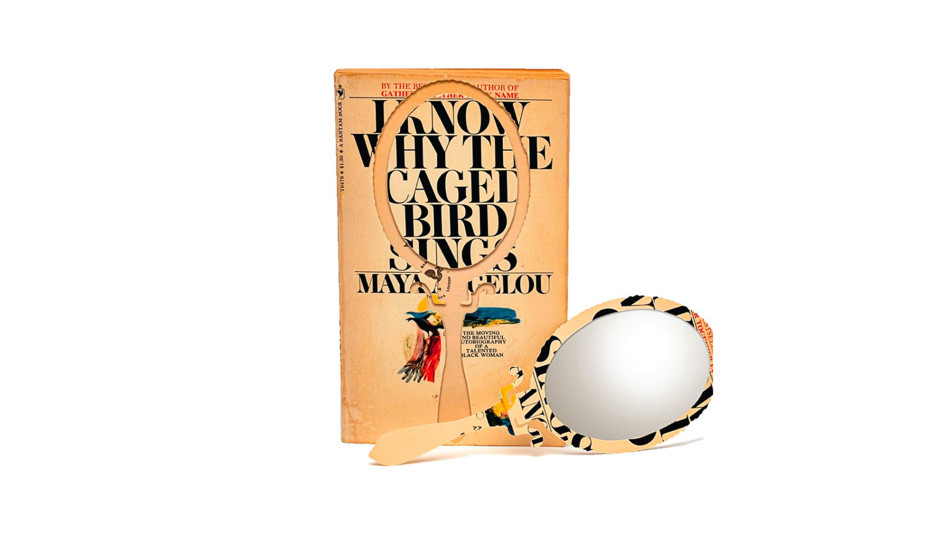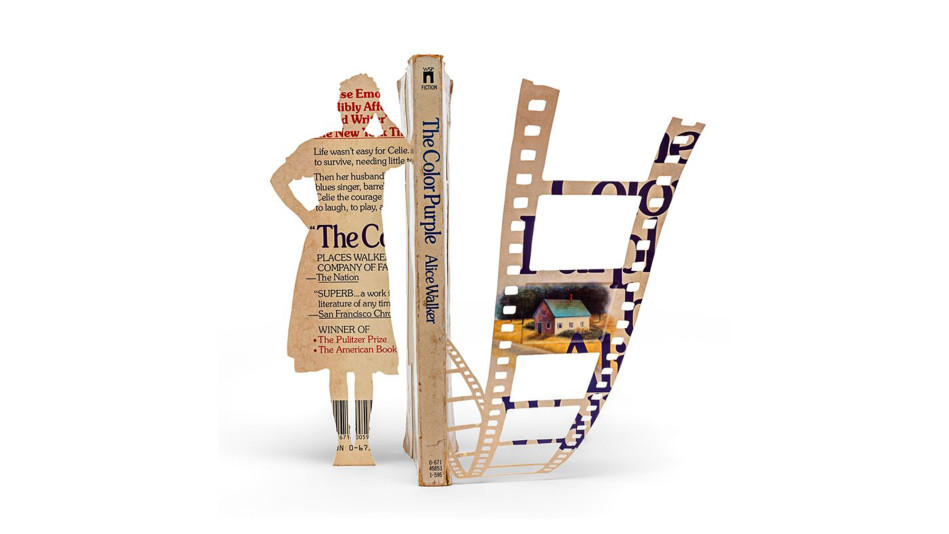Oprah Shares the Books That Changed Her Life
"Over the course of my lifetime, books have helped me know that I'm not alone."

Photo: Thomas Allen
When I want to seek higher ground, I open a book.
Over the course of my lifetime, books have helped me know that I'm not alone, even when I'm at my loneliest. They've given me the words to articulate what I held in my heart but could not express. They have loosened the constraints of tradition, of narrow-mindedness, enabling me to grow as a person, an entrepreneur, and a teacher—the role I cherish most. This magazine's founding mission was to help people live their best lives. Without a doubt, books are essential to mine.
When I launched O, I dreamed it would reinvent the women's magazine and become a manual for living, helping readers cultivate their optimal selves from the inside out. Because authors are my rock stars, I wanted their work to fire our imagination, give us the tools to be stronger and better in the world, and invite us to see through the eyes of another. Every page of every new book can open us up to a new universe—I wanted us to have that experience together.
In O's Reading Room section and throughout the magazine, my intention was that we would be a source for discovering fresh voices. Yes, I wanted to share the words and wisdom of writers I had come to know and love, but my greatest excitement is in finding new authors and introducing them to others. I wanted to replicate for our readers the thrill and the awe I've felt in those moments when writers who would become my spiritual guides first came into my life.

I still remember the shock of recognition I felt when I first read Maya Angelou's I Know Why the Caged Bird Sings—a sensation that remains indelible even now. Though I'd read many other books, until then I'd never seen myself on the page. No protagonist, no narrator, had ever looked like me or talked like me. I saw Maya's author photograph and realized that the two of us even resembled each other, as if we were of the same tribe. And in so many ways, we were. Her story was my story. She was sent to live with her grandmother in Arkansas, just as I was sent to mine in Mississippi. She, too, grew up in the church. She, too, was raped by someone close to her. All the relatives she wrote about in her autobiography were as familiar to me as my own. The book—like the relationship I developed with Maya, who became my mentor, the person I could always turn to for clarity—is central to who I am today.
Similarly, in 1982, when I read Alice Walker's just-published The Color Purple, I was stunned and mesmerized by the truth I found in it, from page one, where a pregnant Celie writes: "Dear God, I am fourteen years old. I am I have always been a good girl. Maybe you can give me a sign letting me know what is happening to me." That first line brought me back to an awful time, when, at 14, after being molested, I was waiting to be admitted to a detention home that turned out to have no room. I, too, was pregnant. How did I get here? I kept asking myself. I'd always been a good girl, trying to please everyone and doing what people wanted me to do. I wasn't a bad girl, but if I wasn't a bad girl, why was I here? Like Celie, I was in despair. Thinking back on that now still makes me cry. Until I read The Color Purple, I'd believed I was alone in my shame, that no one else had gone through what I had. But there was Celie, saying what I’d said in my head. Reading that book was life-altering, liberating, self-affirming. It was everything. I became obsessed with the book. I bought copy after copy to give out.
Read the full story here: Oprah Shares the Books That Changed Her Life



